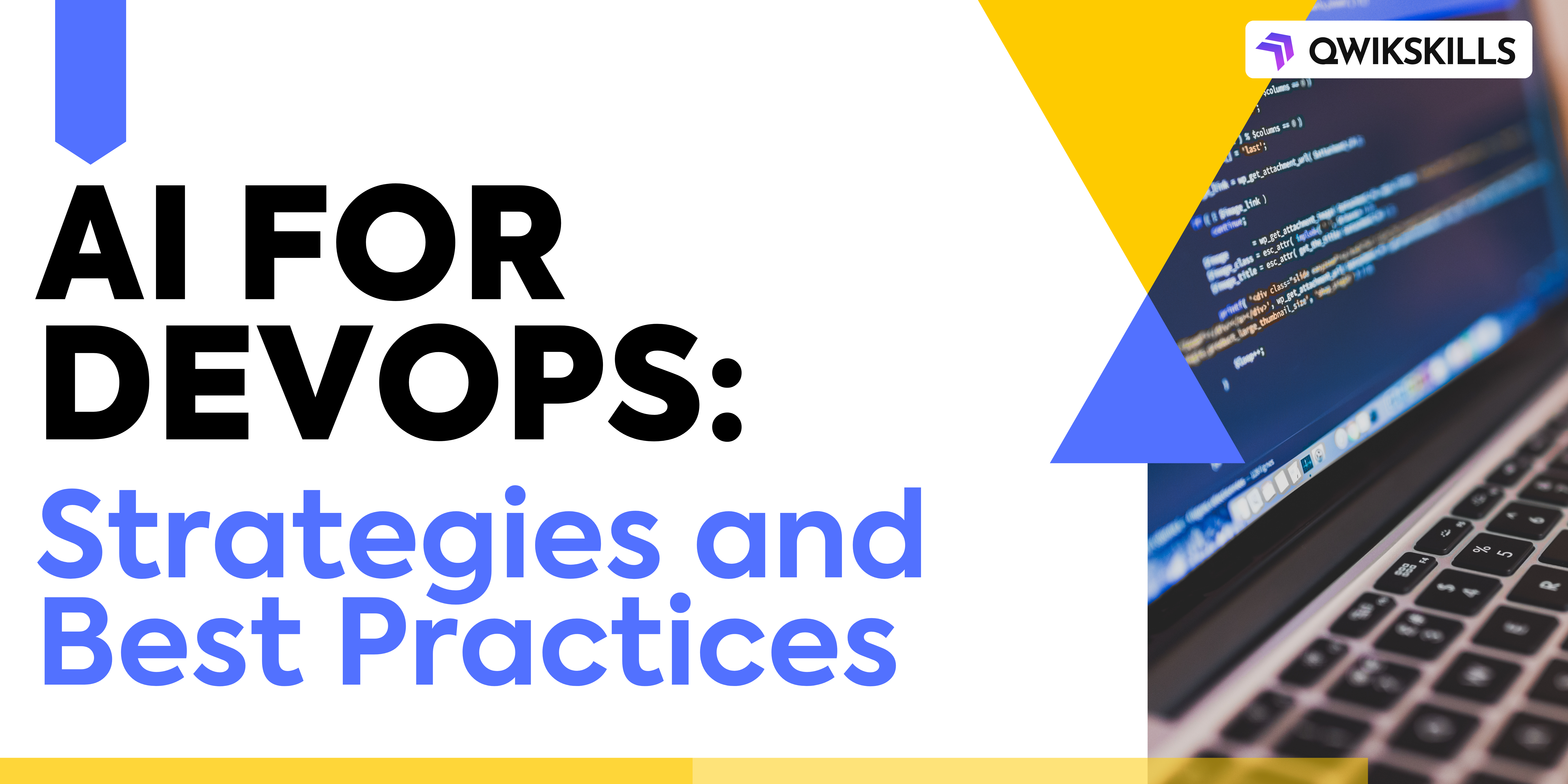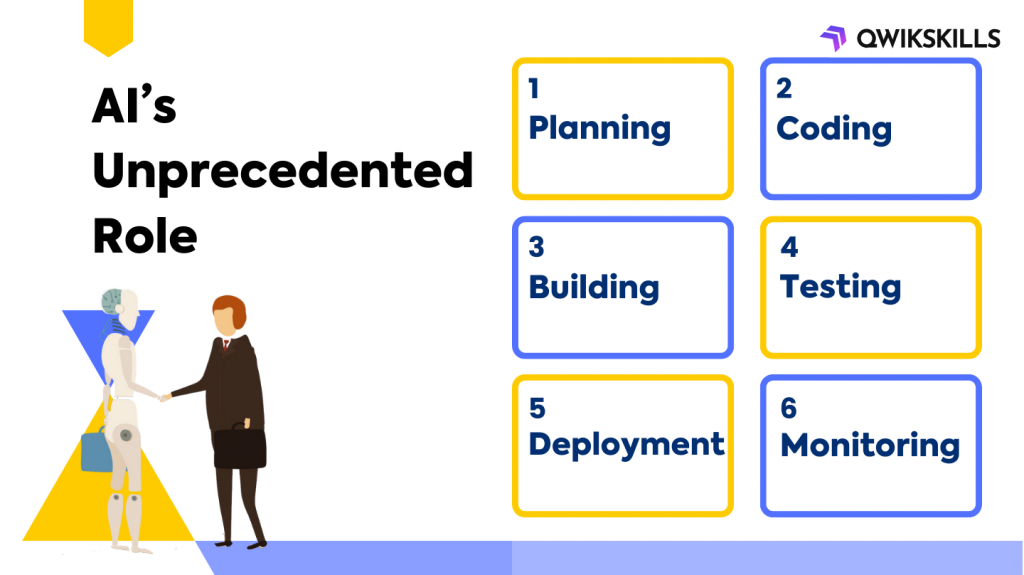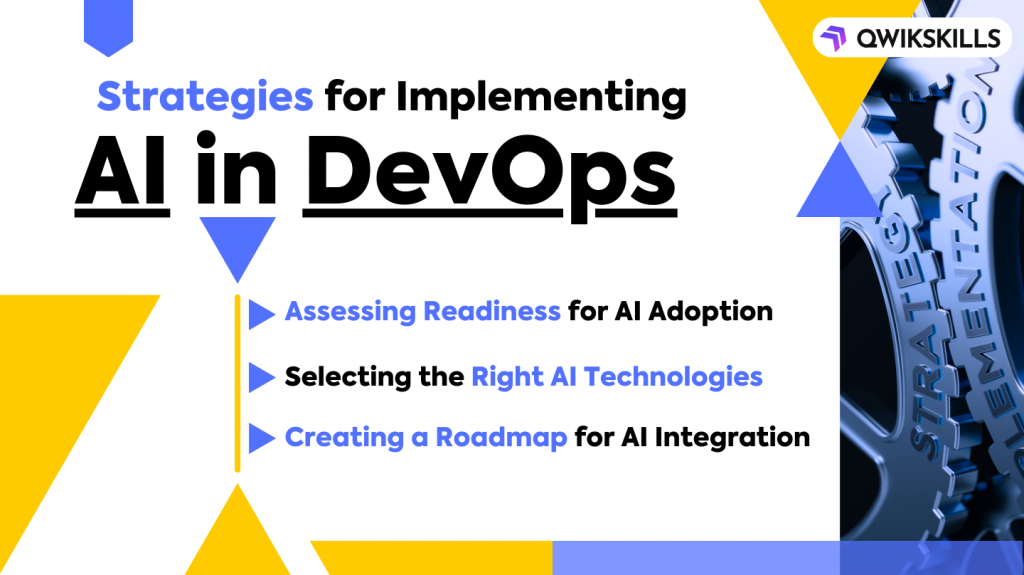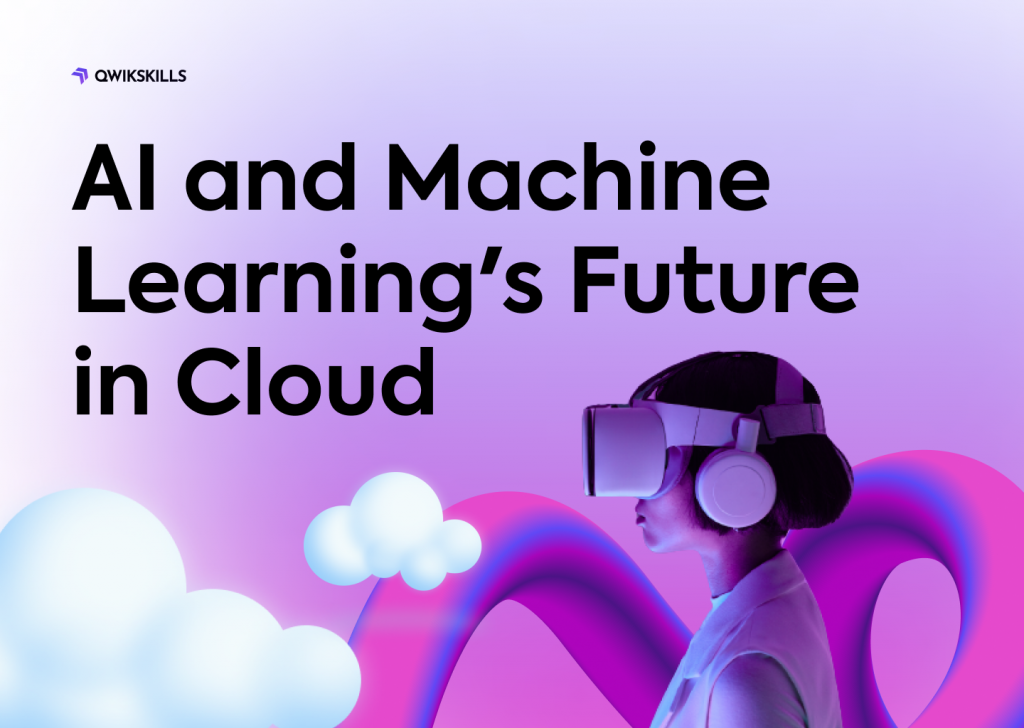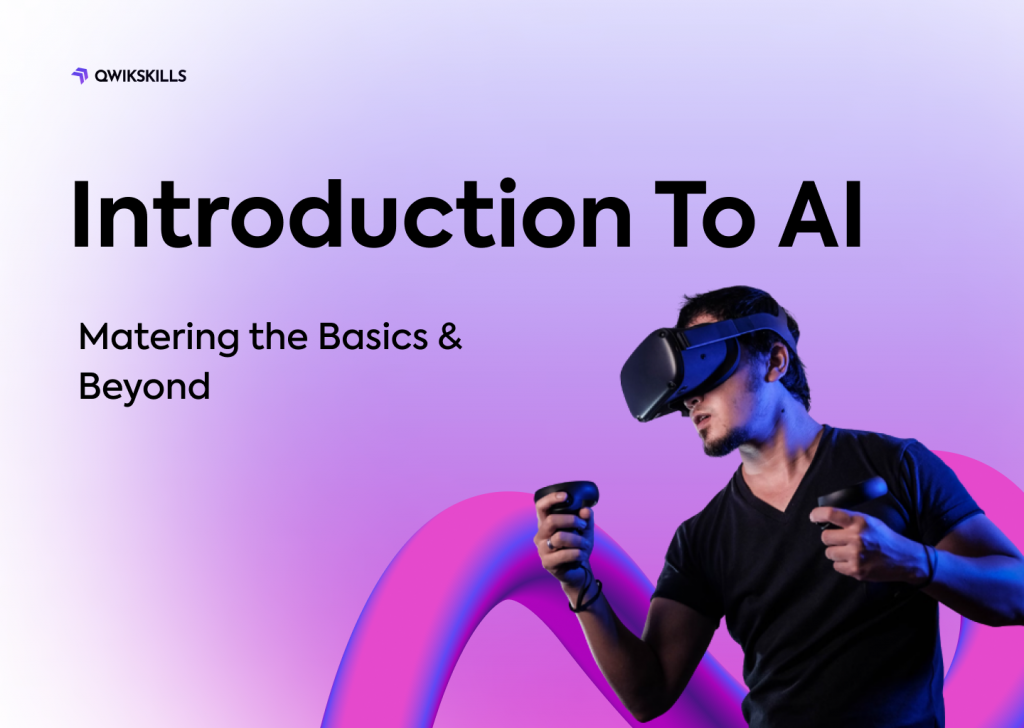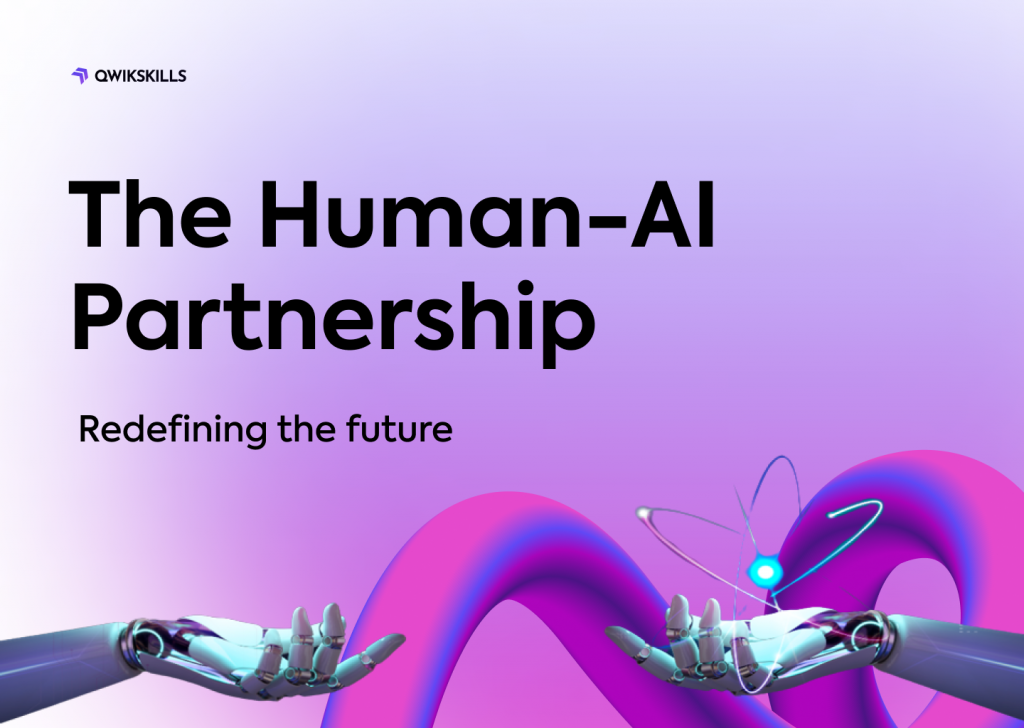Introduction
In the ever-evolving landscape of software development, staying ahead of the curve is essential. DevOps, a methodology that bridges the gap between development and operations teams, has become a cornerstone in achieving this goal. However, to truly supercharge your DevOps practices, it’s time to introduce a game-changer: Artificial Intelligence. In this article, we’ll explore the convergence of AI Specialisation in DevOps, uncovering strategies and best practices to harness the immense potential of these technologies.
Understanding the Synergy: AI and DevOps
The DevOps Dynamic
Before we dive into AI’s role, let’s grasp the essence of DevOps. It’s a philosophy aimed at unifying software development (Dev) and IT operations (Ops), promoting collaboration, continuous integration, and delivery. It’s all about agility and efficiency.
AI’s Unprecedented Role
Now, picture enhancing this DevOps magic with AI. Artificial Intelligence, with its ability to mimic human intelligence, can transform every stage of DevOps, making it faster, more efficient, and smarter. Here’s a glimpse of how:
1. Planning:
- AI-Powered Predictive Analytics: AI can analyze historical data to predict future issues, helping teams proactively plan for contingencies.
2. Coding:
- Code Review Assistance: AI tools can review code, identifying bugs and suggesting optimizations, which is especially helpful for large projects.
3. Building:
- Automated Build Optimization: AI can optimize build processes for faster compilation and reduced resource consumption.
4. Testing:
- Test Automation: AI-driven testing tools can execute repetitive tests, allowing human testers to focus on complex scenarios.
5. Deployment:
- AI-Powered Release Management: AI can analyze past deployment data to optimize release schedules and minimize downtime.
6. Monitoring:
- Anomaly Detection: AI can continuously monitor system performance and detect anomalies, ensuring rapid response to issues.
Benefits of AI in DevOps
The benefits of integrating AI into DevOps workflows are manifold. It’s like having a team of expert analysts, testers, and optimizers working around the clock:
- Enhanced Efficiency: AI-driven automation reduces manual efforts, accelerating processes.
- Error Reduction: AI detects issues early, minimizing errors in production.
- Cost Savings: Efficiency improvements lead to reduced operational costs.
- Data-Driven Insights: AI provides actionable insights for informed decision-making.
The Key Components of AI for DevOps
To wield the power of AI effectively, it’s crucial to understand its core components in the DevOps context.
Exploring Machine Learning (ML) and NLP in DevOps
Machine Learning algorithms can analyze historical data to predict future trends and issues. Natural Language Processing (NLP) helps in understanding and responding to human-generated data like user comments or logs.
Data Analytics and AI-Driven Insights
Data is the lifeblood of AI in DevOps. Analytics engines can process vast amounts of data to uncover hidden patterns, enabling data-driven decision-making.
Automation through AI-Powered Tools
Automation is where AI truly shines. AI tools can automate repetitive tasks, ensuring consistency and freeing up human resources for more creative and complex challenges.
Strategies for Implementing AI in DevOps
Implementing AI in DevOps is not a one-size-fits-all endeavor. It requires careful planning and execution.
Assessing Readiness for AI Adoption
Before diving into AI, assess your organization’s readiness. Evaluate the existing skill set, infrastructure, and data availability.
Selecting the Right AI Technologies
Choose AI technologies that align with your DevOps goals. Whether it’s predictive analytics, automated testing, or anomaly detection, select what suits your needs best.
Creating a Roadmap for AI Integration
Don’t rush into AI adoption. Develop a roadmap that outlines the integration process, including training and scaling AI solutions as needed.
Best Practices for AI-Enhanced DevOps
Now that you’re ready to infuse AI into your DevOps pipeline, let’s look at some best practices to ensure a smooth transition.
Predictive Maintenance and Issue Detection
Leverage AI for predictive maintenance. By analyzing data, AI can predict when hardware or software components might fail, allowing proactive maintenance.
Enhanced Collaboration with AI-Driven Communication
AI-driven communication tools can improve collaboration. These tools can automate status updates and alerts, ensuring everyone is on the same page.
Ensuring Security and Compliance
While AI boosts efficiency, it should not compromise security. Implement AI-driven security measures to identify and respond to threats promptly. Ensure compliance with industry regulations.
Challenges and Pitfalls
While the benefits of AI in DevOps are evident, it’s not without challenges:
Common Challenges
- Data Quality: AI relies on data. Poor data quality can lead to inaccurate predictions.
- Skill Gap: Implementing AI requires skilled professionals.
- Integration Complexity: Integrating AI seamlessly into existing workflows can be complex.
Strategies for Overcoming Challenges
Address these challenges with careful planning:
- Data Quality Control: Implement data quality control measures.
- Skill Development: Invest in training your team or hiring AI experts.
- Gradual Integration: Start with small AI projects to familiarize the team.
The Future of AI in DevOps
As AI continues to evolve, its role in DevOps will only expand. Here are some future trends to watch:
- AI in Continuous Integration: AI will play a more significant role in automating CI/CD pipelines.
- AI-Driven Documentation: AI tools will assist in generating documentation and reports.
- AI-Enhanced Security: AI will be crucial in detecting and responding to security threats in real-time.
Conclusion
In the fast-paced world of software development, embracing AI in DevOps is not an option but a necessity. It’s a game-changer that enhances efficiency, reduces errors, and provides valuable insights. As we conclude this journey through AI and DevOps, remember that the synergy between these two domains will continue to evolve. To stay competitive, it’s time to integrate AI into your DevOps practices, ensuring a future where software development is smarter and more efficient than ever.
Ready to supercharge your DevOps with AI? Explore QwikSkills.com for expert courses in AI integration. Transform your DevOps practices today!

